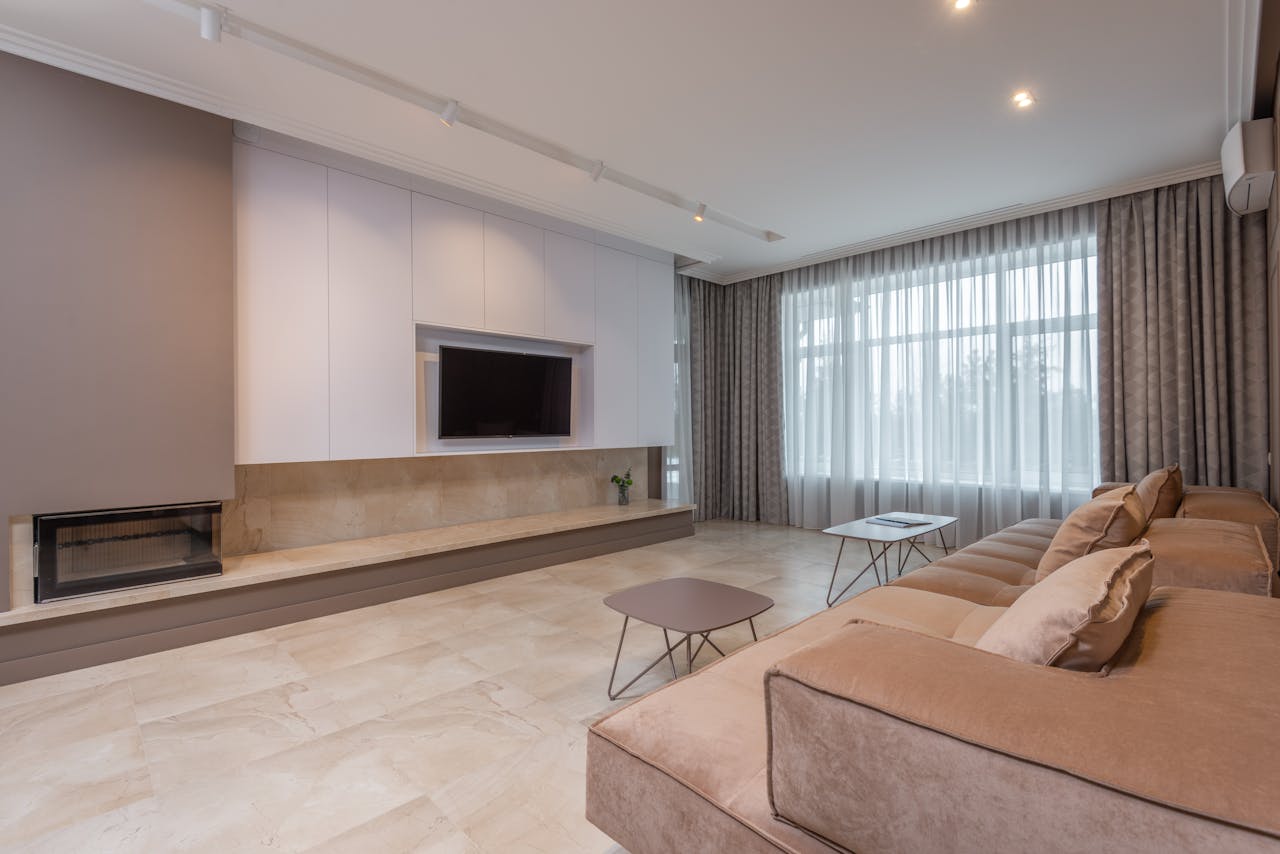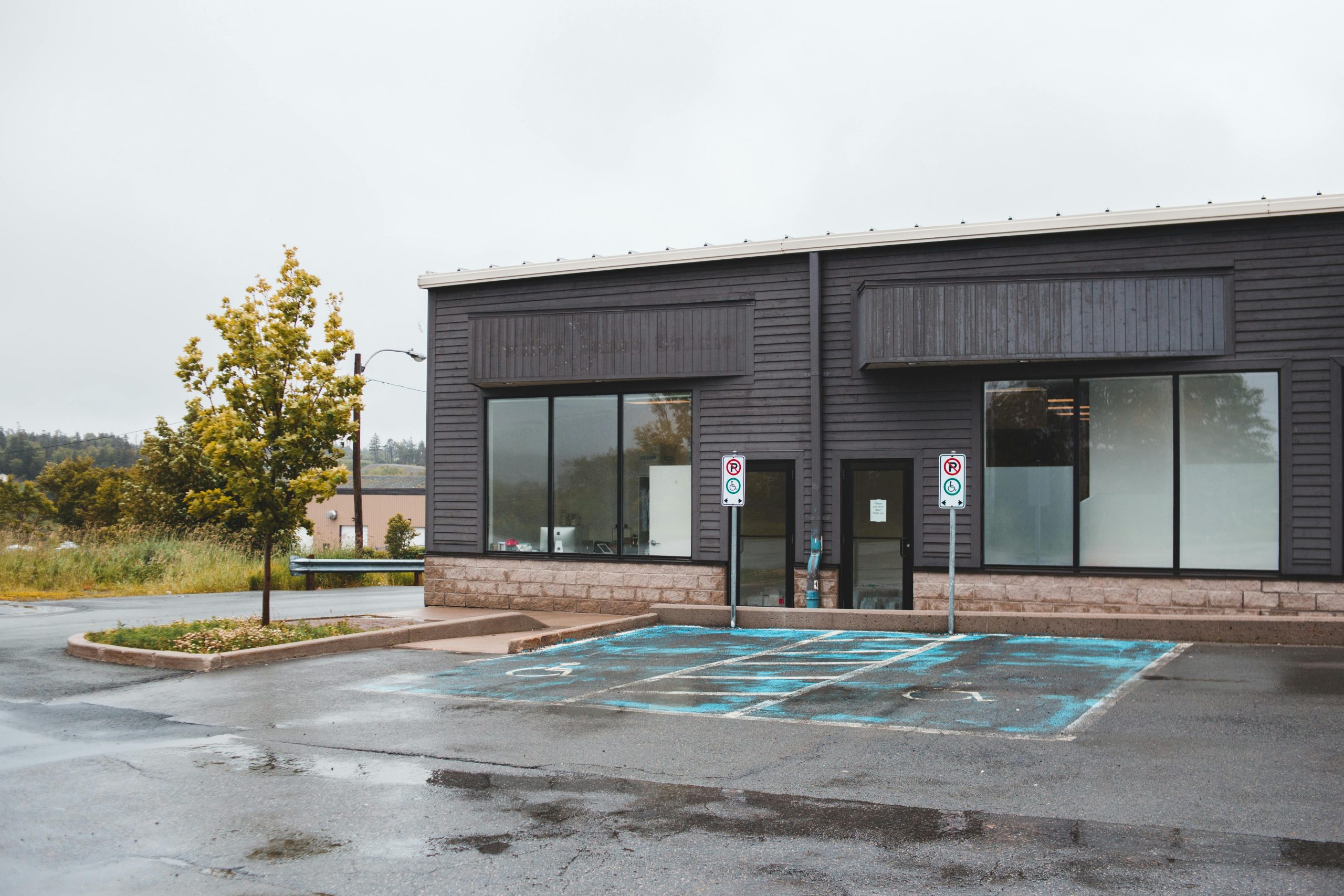How to Spot Rental Scams and Avoid Them

You finally find a listing that doesn’t cost an arm and a leg, and it looks legit. It has the perfect location, and the rent is so low it feels like a typo. But just when you’re picturing your housewarming snacks, something suddenly feels off.
Trust us, you’re not paranoid because for every decent listing, there’s one that makes you pause and squint. So, if you’ve ever second-guessed a listing, stick with us, and you’ll be scam-proof in no time.
Scout the Scene First
Before you fall head over heels for a listing, get a feel for what’s normal in the area. What’s the going rate for a one-bedder near the city? Do most places come with air conditioning, or will you be sweating through summer with nothing but a desk fan?
Once you know what’s typical for the price, condition, and features, the too-good-to-be-true ones will stick out like a sore thumb.
And if you’re really unsure, have a quick chat with a local agent. They’ve seen it all and usually know when something seems off.
Setting up alerts for new rentals is also a smart move, as it’ll keep you ahead of the crowd and up your chances of finding better places.
Run a Quick Background Check
Before you get too attached to that sunny balcony or freshly painted walls, confirm the place is real and that the person listing it actually owns it. It sounds obvious, but you’d be surprised how many scammers count on people skipping this part.
Jump on public records or your local council website and look up the property’s ownership. If the name on the lease doesn’t match what you find, that’s your cue to walk away. Real landlords won’t mind you double-checking, and if they do, well, that’s a red flag in itself.
If you’re dealing with a real estate agency, give them a quick call to confirm everything is above board. Finally, always ask for documentation, especially if you’re paying upfront.
Don’t Skip the House Tour
No matter how good the listing looks, never sign anything without seeing the place in person. Photos can be deceiving, and virtual tours won’t tell you if the rental smells like mould.
Instead, take your time when you visit. Look for peeling paint, broken fixtures, or anything that feels off.
While you're there, open the cupboards, check the plumbing, and make sure that all appliances actually work, especially the oven, heater, and air conditioner. You can snap some photos, jot down notes, and ask questions when needed.
Bring someone with you if you can. A fresh pair of eyes will help you spot things you might miss otherwise.
Also, don’t be afraid to go back for a second visit if something feels unclear. A decent landlord will expect it and won’t rush you through the inspection.
Read the Fine Print
We all know that lease agreements aren’t exactly light bedtime reading. However, powering through those pages could save you from some bad surprises down the line.
Your lease spells out what’s expected of you and your landlord, so the clearer it is, the better your chances of a smooth ride.
Here are the key aspects you need to review:
End-of-Lease Expectations
The agreement should clearly state how clean the place needs to be when you leave. Sometimes, a basic tidy-up will do. Other times, you’ll be expected to hire after-lease cleaning services with industry-grade equipment.
Overall, you should know what’s required so you don’t get stung with a last-minute fee or lose your bond over dusty skirting boards.
Unusual Conditions
Keep an eye out for any strange or particularly strict rules. Take, for example, a clause banning picture hooks—that's the sort of detail you'd want to know from the start.
If something feels excessive, ask the landlord to explain or remove it altogether. These details matter more than you think when you’re living with them day in, day out.
Fee Structures
Make sure every cent is accounted for upfront. That includes the bond, cleaning costs, key replacements, garden maintenance, or any other unexpected expenses that may arise. If it’s not in writing, don’t assume it’s covered.
If anything leaves you scratching your head, call a solicitor. They'll help you understand the legal jargon, check everything is fair dinkum, and suggest tweaks where needed.
Keep Payments Traceable
Scammers love using unconventional payment methods, like prepaid gift cards or anything hard to trace once it’s gone. So, if someone asks you to pay in, say, iTunes vouchers, that’s your sign to find another place.
Generally speaking, stick to safe, trackable options, such as bank transfers or credit cards. These come with built-in protections and a handy paper trail if things go south. Also, whatever you do, don’t hand over a cent until you've seen the property and signed a proper lease.
Don’t forget to always get a receipt as well, even for holding deposits. Remember, if they’re rushing you to pay before you've had a chance to read the fine print, that's a massive red flag waving in your face.
Report Suspicious Listings
If you come across a rental listing that feels off, don’t just scroll past it. Instead, let the website know and include as much detail as you can: screenshots, email chains, and text messages. The more evidence you provide, the easier it is for them to take it down.
Tell your local consumer protection agency as well. They track scams and can step in before someone else gets caught out. And while you’re at it, give your mates or family a heads-up. If you nearly got reeled in, chances are someone you know could, too.
Scammers usually bank on your silence. So, blow the whistle and send them packing.
Conclusion
The rental market may be chaotic, but you don’t have to be collateral damage. Luckily, dodgy listings don’t stand a chance against you now.
So, don’t settle and don’t hand over cash just because someone said it is ‘urgent.’ And if a scammer comes knocking, swipe left on that listing.




